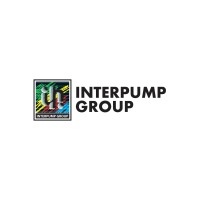
Interpump Group S.p.A.
Interpump Group, il più grande costruttore mondiale di pompe ad alta pressione, nasce nel 1977 dall'intuizione e dall’intraprendenza di un uomo, Fulvio Montipò, e si sviluppa grazie alla tenacia di altri uomini che ne sposano la filosofia, dando corpo a un progetto estremamente ambizioso. Montipò, infatti, introduce sostanziali modifiche tecniche al prodotto, progettando e costruendo pompe più compatte, silenziose, e di facile manutenzione. Altro elemento qualificante dell'innovazione è l'adozione di pistoni integrali in ceramica che garantiscono un’affidabilità complessiva superiore. Questa autentica rivoluzione consente a Interpump Group di acquisire fin dai primi anni '80, la leadership mondiale, diventando nel settore, anche per i concorrenti, il riferimento riconosciuto. Il primato si rafforza poi negli anni, fino ai giorni nostri, grazie al completamento della gamma e agli inimitabili standard di qualità, garantiti da un controllo totale del processo produttivo, a partire dalla materia prima, fino al prodotto finito. Interpump Group produce oggi pompe con pressioni fino a 500 bar, destinando all'esportazione il 75% della propria vendita.






